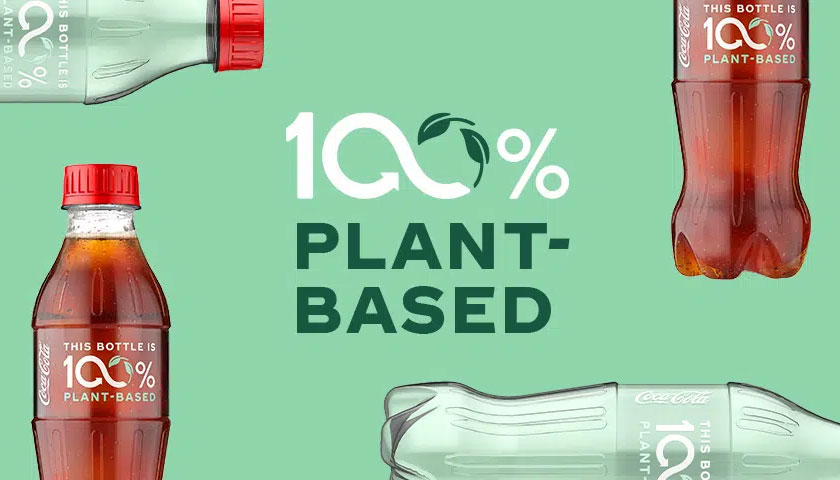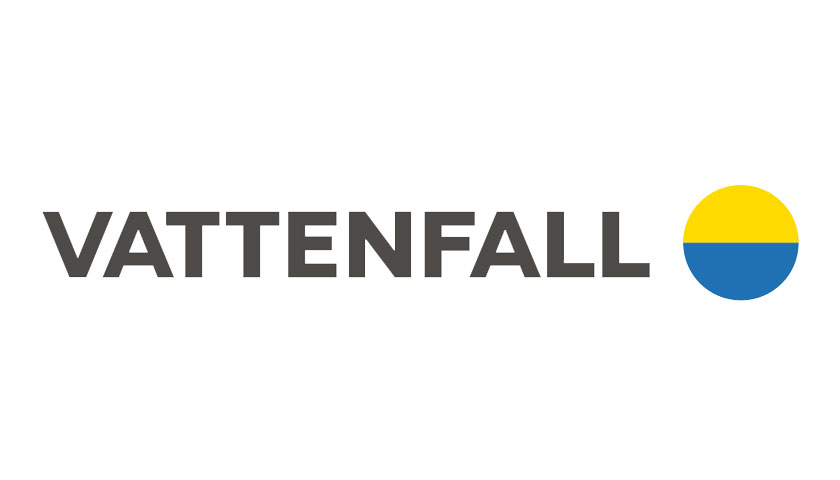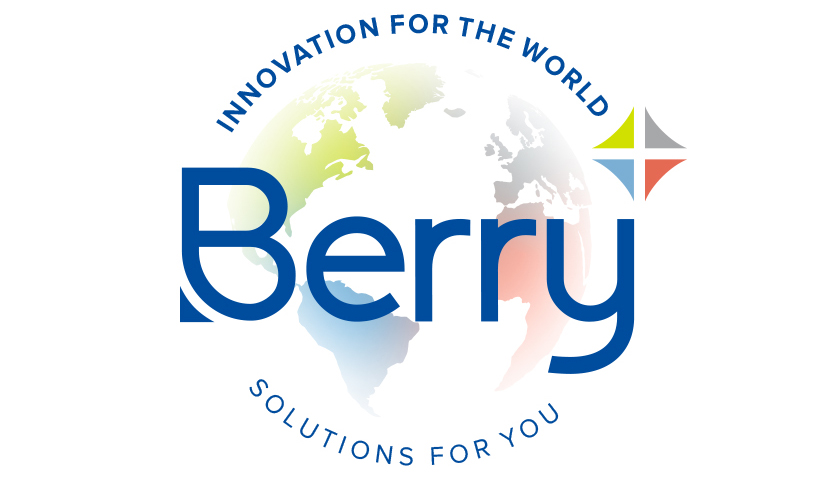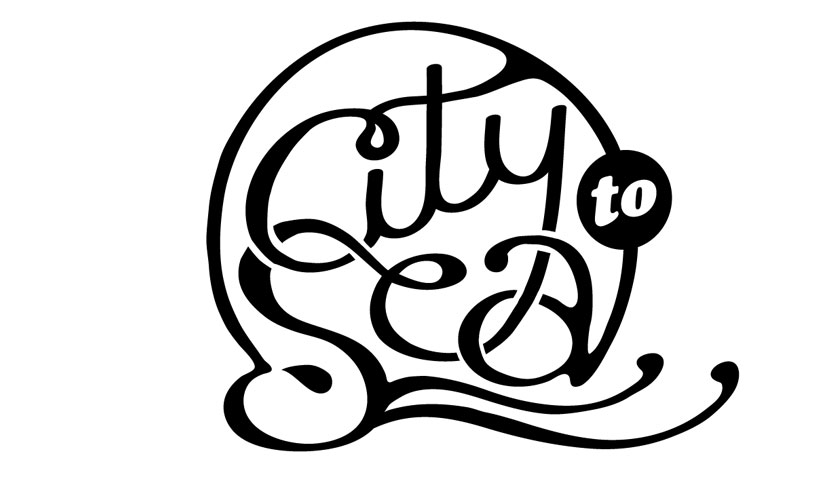The Coca-Cola Company has revealed a next generation prototype bottle: its first made from 100% plant-based plastic (bPET), excluding cap and label, produced using technologies that are now ready to be commercially scaled across the industry (1). This builds on a technological breakthrough announced last week for the first planned commercialization of technologies to convert second-generation biomass to plant-based monoethylene glycol (bMEG), one of two molecules necessary to create bPET.
In 2009, Coca-Cola changed the sustainable packaging landscape with the launch of PlantBottleTM (2) , the world’s first recyclable PET plastic bottle made with up to 30% plant-based material. The company has continued to invest toward the development of a 100% plant-based solution. The new prototype announced today exclusively uses materials from renewable, plant-based sources, removing all petroleum-based content from the bottle. It represents a significant technological step-forward in the reduction of virgin oil-based PET across commercially produced bottles.
Coca-Cola’s prototype is the product of partnerships with bio-based technology providers that are working to develop sustainable, future-facing packaging solutions, including Changchun Meihe and Virent Inc. A limited run of approximately 900 of the prototype bottles have been produced. The bottle is recyclable and can be recycled bottle-to-bottle within existing recycling infrastructures, alongside PET from oil-based sources.
Supporting the shared ambition to be net zero carbon by 2050, Coca-Cola recently announced a goal to use 3 million tons less virgin plastic from oil-based sources by 2025. Depending on business growth, this would result in approximately 20% less virgin plastic derived from fossil fuels worldwide than today. The strategy to achieve this goal includes investing in new recycling technologies; packaging improvements such as light weighting; different business models such as refillable, dispensed and fountain systems; as well as the development of new, renewable materials.
“We are taking significant steps to reduce use of virgin oil-based plastic as we work toward a shared ambition of zero net carbon emissions by 2050,” said Nancy Quan, Chief Technical and Innovation Officer at The Coca-Cola Company, “For a long time, we have been working with partners to develop the right technologies to achieve 100% plant-based content, aiming for the lowest possible carbon footprint. It’s exciting that we have reached a point where these technologies exist and can be scaled by participants in the value chain.”
Progress on the path to zero virgin oil-based PET
As part of its vision for a World Without Waste, Coca-Cola has pledged to collect the equivalent of every bottle back by 2030, so that none of its packaging ends up as waste and old bottles are recycled into new ones. The company has also set a goal that 100% of its packaging will be recyclable and that 50% of its packaging will come from recycled material. This will help to displace the use of virgin oil-based materials, with the support of partners like Alpek Polyester.
Coca-Cola is moving further and faster where it can. In Europe and Japan Coca-Cola, with its bottling partners, aims to eliminate the use of oil-based virgin PET from plastic bottles altogether by 2030, using only recycled or renewable materials.
Well-designed renewable technologies play a key role in supporting this goal. While the majority of its plastic packaging material will come from recycled content, some “virgin” material will still be needed to maintain packaging quality. This is why Coca-Cola, as it works toward its goal to collect and recycle a bottle for every one that it sells, is also investing and driving innovation to boost the supply of feedstock from renewable technologies, as well as from enhanced recycling technologies. Enhanced recycling is a process through which PET plastic of any quality can effectively be “upcycled” and returned at food grade, allowing the use of increased amounts of recycled material.
“In some parts of the World, like in Europe and Japan, we are already on a path to zero virgin oil-based PET in our bottles, with near-term goals to remove all virgin PET and use only recycled or renewable materials by 2030,” Quan said. “In these cases, the majority of PET will continue to come from mechanically recycled sources, but a lesser percentage will need to come from renewable or enhanced recycling sources.”
Partnering for progress
Coca-Cola’s new prototype plant-based bottle is the product of partnerships with different renewable technology providers, all working to develop sustainable, future-facing packaging solutions, including Changchun Meihe Science and Technology and Virent, Inc.
It is made by combining sugars converted from plant-based materials to form plant-based monoethylene glycol (bMEG), as well as plant-based paraxylene (bPX), which has in turn been converted to plant-based terephthalic acid (bPTA).
In 2015, Coca-Cola unveiled its first prototypes for a 100% bPET PlantBottleTM, excluding cap and label, using laboratory-scale production methods to produce bio-based paraxylene, still in early stages of development. This next-generation 100% plant-based bottle, one of a limited-run of 900, has been made using new technologies to produce the bio-chemicals that make the bottle, both of which are ready for commercial scaling.
These technologies mark a significant milestone in the development of fossil-free plastics. They signal not only a step change in the commercial viability of bPX, led by Virent, but also a key evolution in renewable glycol production, using technology developed through a partnership between Coca-Cola and Changchun Meihe, with construction of a full-scale biorefinery by UPM now underway toward the commercialization of the technology, as previously announced.
- This is the first beverage packaging material resulting from plant-based paraxylene produced at demonstration scale. The plant-based paraxylene for this bottle was produced using sugar from corn, though Virent’s catalytic process lends itself to flexibility in feedstock.
- Finnish forest-based bioeconomy leader UPM announced in 2020 the construction of a full-scale biorefinery to convert wood biomass from forest residues and thinnings to plant-based MEG, alongside other 100% wood-based biomaterials. UPM uses sustainably sourced, certified hardwood from regional forests. As announced previously, the facility will be a world first for next-generation bMEG production that will be powered by Coca-Cola and Meihe co-owned technology, which was validated at demonstration scale in 2017. In addition to a simpler process, UPM will be unlocking new feedstock flexibility. While the plant-based MEG in today’s bottle was produced using sugar from corn, commercial quantities from sustainable wood biomass will be available soon.
Scaling renewable materials requires participation from the entire value chain. Coca-Cola was pleased to work with the team at Alpek Polyester to bring the technology online to convert renewable chemicals into 100% plant-based PET that meets quality standards for beverage packaging. Bottles were manufactured and filled within The Coca-Cola System.



